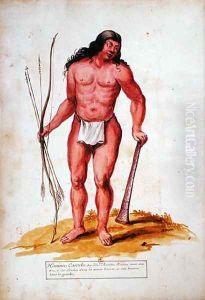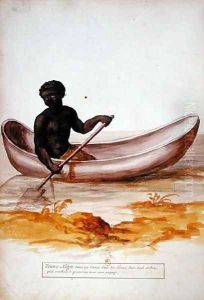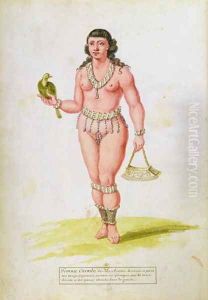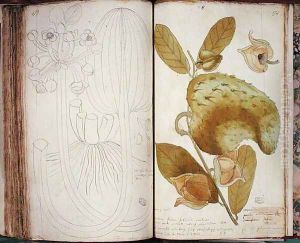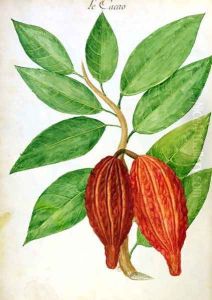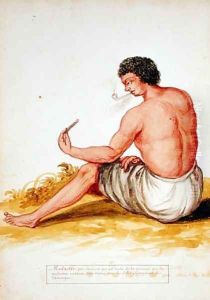Charles Plumier Paintings
Charles Plumier was a French botanist and Franciscan monk who made significant contributions to the field of botany through his meticulous documentation of plant and animal species during his travels in the Caribbean and Central America. Born on April 20, 1646, in Marseille, Plumier demonstrated an early interest in the natural sciences and joined the religious order of the Minims, which allowed him to pursue his studies in botany and natural history.
Plumier's work caught the attention of Louis XIV and his finance minister, Jean-Baptiste Colbert, who were interested in expanding the scientific knowledge of the kingdom. In 1689, Plumier was sent on a mission to the French Antilles to collect plant specimens. This voyage marked the beginning of a series of expeditions that would take him to various Caribbean islands, including Martinique, Santo Domingo, and Saint Thomas, among others.
Throughout his travels, Plumier meticulously recorded and illustrated hundreds of plants and animals, many of which were previously unknown to Europeans. His methodical approach to classification and his detailed sketches were invaluable to the science of taxonomy and laid the groundwork for future naturalists like Carl Linnaeus. Plumier is credited with the discovery of the Fuchsia plant, which he named in honor of the German botanist Leonhart Fuchs, and the Begonia, named after Michel Bégon, a French patron of botany.
Charles Plumier's contributions went beyond botany; he was also interested in entomology and marine biology. He documented numerous species of insects and sea fauna, providing descriptions and illustrations that were later used by other scientists to classify these organisms. Plumier's dedication to his work was evident in the rigor of his scientific method and the precision of his botanical drawings, which were among the best of his time.
Despite his significant contributions to science, Plumier's work was not fully recognized until after his death. He passed away on November 20, 1704, in El Puerto de Santa María, Spain, while preparing for another expedition to the New World. Posthumously, his extensive collections and manuscripts were published, and his legacy was cemented as one of the most important early botanists. Today, Charles Plumier is remembered for his enduring impact on the field of natural history and the study of biodiversity.
